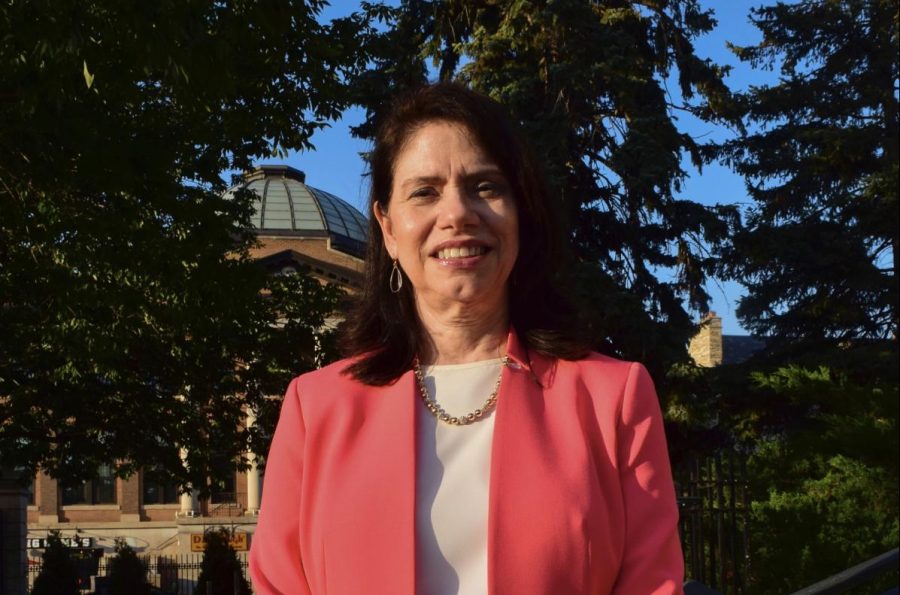As the University of Minnesota continues to face financial difficulties due to the COVID-19 pandemic, discussions have begun about potential cuts to faculty salaries.
The Faculty Consultative Committee issued a statement April 17 recommending that the Faculty Senate consider salary reductions, which was then discussed at the Faculty Senate meeting in late April. Reducing faculty salaries is just one approach being considered to ease the University’s current financial situation.
The University has estimated a revenue loss of between $75 million to $315 million as a result of the pandemic.
Under the Board of Regents’ faculty tenure policy, the University president is able to temporarily reduce salaries during a period of financial stringency, or financial difficulties that are “unusual in extent and require extraordinary rather than ordinary responses.” Faculty represented by a union would be excluded from temporary salary cuts.
The Finance and Operations Planning Work Group, which has been managing the financial impacts of COVID-19, is expected to give a report to President Joan Gabel on June 1. Should the Work Group suggest a temporary faculty salary reduction, Senate committees will review the proposed plan and the Faculty Senate will hold a special meeting to discuss it.
The FCC’s statement said this conversation is intended to show solidarity for the University community, as well as express a “shared desire to minimize layoffs and other alternatives that would disproportionately affect the University’s most vulnerable employees.”
FCC Chair Amy Pittenger said the FCC wanted to be proactive to ensure conversations with faculty.
“The FCC felt it was important to sort of get out in front of this conversation, to be the one initiating the conversation … so that we had time to get input and have the discussion before any decisions were being made,” she said.
Last month, Gabel announced she will be cutting 10% of her $640,000 salary starting July 1. Gabel and around 200 senior leaders will also work a week without pay.
Hires and promotions have also been frozen, meaning faculty will not see merit raises, which were around 2% of base salary on average in 2018.
Other universities, such as the University of Wisconsin-Madison, have already enacted furloughs for many staff and faculty.
Faculty in the sociology department wrote a letter outlining provisions they think should be considered in the conversation around salary reductions, which was sent to the FCC and Work Group, and endorsed by other faculty.
Professor Jack DeWaard said there needs to be a “floor,” so that faculty with the lowest salaries would not see cuts, and that reduction percentages would not be higher than those of administrators, among other things.
It is also important that the discussion is framed in a way that other options are considered, he said.
History professor Anna Clark said in an email to the Minnesota Daily that faculty are working much harder than normal to transition classes onto the online format. She has been working six days a week, she said.
However, if the University sees lower enrollment numbers, this will impact faculty, she noted. “[W]e will all have to share the burden,” she said in the email.
Professor Penny Edgell, who worked on the sociology department’s letter, said while it is a difficult time for many, faculty believe in the University’s mission and want to see it continue to thrive.
“I think the mood in the room, and my mood, it’s very serious, it’s very somber and nobody’s happy but I think people are willing to do their part,” she said.








